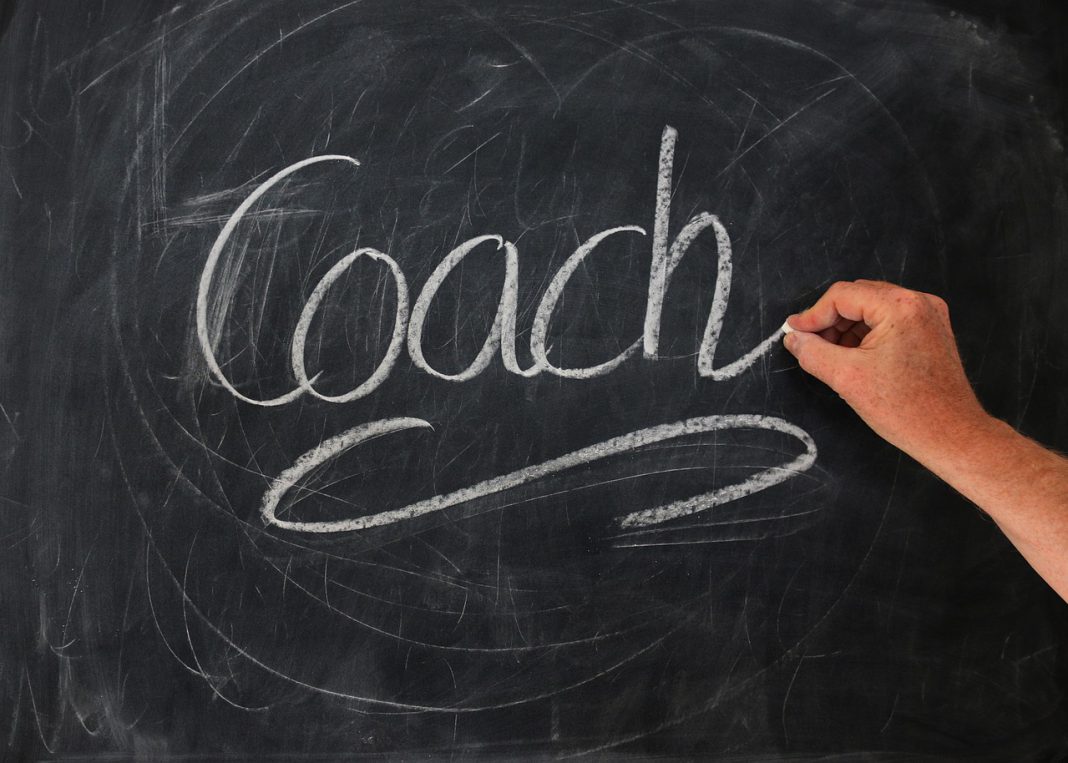What not to do as a new coach
As a coach you will be so intimately involved in your team that you will be purely focused on their success and development, so much so that you can easily forget the most important thing for any coach. Remembering that you are the role model and how you act will be there biggest example on how the kids should act themselves. In that sense we will run through some things to avoid. Especially if you run a local, community team, setting the right example on and off of the pitch will represent your community well and help teach these kids how to behave as athletes and hopefully one day as professionals. Enjoyment will play as massive part for yourself and your players so here’s some tips on making sure that that enjoyment doesn’t ever cross that all important line between great role model and not so great role model.
Being negative
The aim for a youth team and its coach is not to win trophies and win back-to-back matches each week, it’s all about promoting the sport and helping the kids understand and love them as much as you do. No matter how results or performances go if kids are trying their hardest then that’s all you can ask, so be sure to praise them whenever you feel like they tried with positive reinforcement. Teaching anything takes patience and time and no matter how much potential you might feel can be extracted from these kids just make sure that all of your interactions are positive and that you encourage them whenever possible. Kids need to feel safe and comfortable in your presence and having an overly critical approach to their play or their skills will leave them questioning whether they want to be part of your team, and may well end up putting them off sports – a situation where nobody wins.
Not cheering for the other team
As strange as it may sound to cheer for the other team, it is important that you acknowledge the teams that you play against are most likely in exactly the same boat as your own team and their coach is trying to work things out exactly the way that you are. What that means is that if you feel that the other side has done something bad or one of their mistakes has given your team an advantage- don’t criticize their mistake. Encourage them as much as you encourage your own team, and cheer their successes. It is important to take a view of the bigger picture here, which is often that kids are learning to play and to love sports and should be encouraged in every interaction that they have with the game – even from the other coach. Applaud and encourage when the other team does something well and explain to your team that it is important to acknowledge your opponent and their strengths whether they win or lose. Besides sports is all about community and particularly at youth level it is important not to get carried away with your own team’s success.
Criticizing the Referee and Linesman
Sports come with rules and sometimes those rules and decisions go against us. That’s just one of the facts of life. But on the field it is important to set the example of respecting the person in charge and showing your players that however much they feel aggrieved by a certain decision, that it helps them grow and the referee is to be respected. Show the referee respect in your interaction with them and avoid shouting from the touchline at the referee whenever possible. If you start moaning and grumbling to the referee it won’t be long until your players are doing exactly the same thing. Teach your players to look at the different scenarios, that different refereeing decisions can impose on your team as learning opportunities to better themselves and be prepared for if this happens again. Make sure you shake hands and thank the officials before and after matches.
Run up the score when you’re winning
Every now and again your team will enjoy matches where they win comfortably and it ends up four or five goals in the lead. If this is the case for your team, don’t allow them to just continue scoring until the other team quits. Use these times as an opportunity to put some of your weaker players in attacking roles to boost their confidence, someone new in defense or even in goal. Some of the most savvy coaches reduce their team by taking a player off and force their team to play with a man down and to improvise against this disadvantage. Mis-matches will happen from time to time but don’t accept it as an easy win because your kids won’t benefit from that. Force them to continue their learning by posing new scenarios or challenges for them to deal with.







